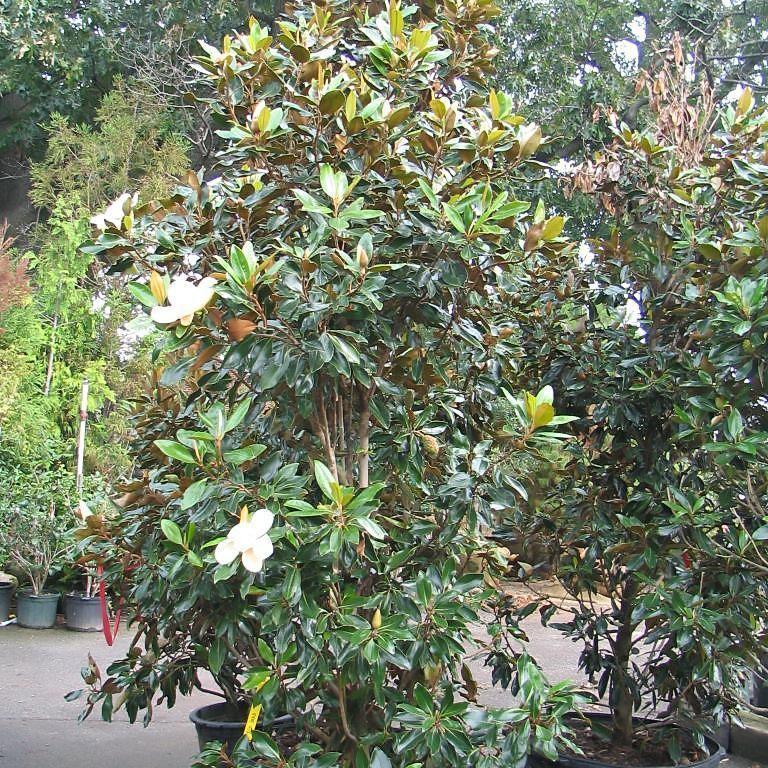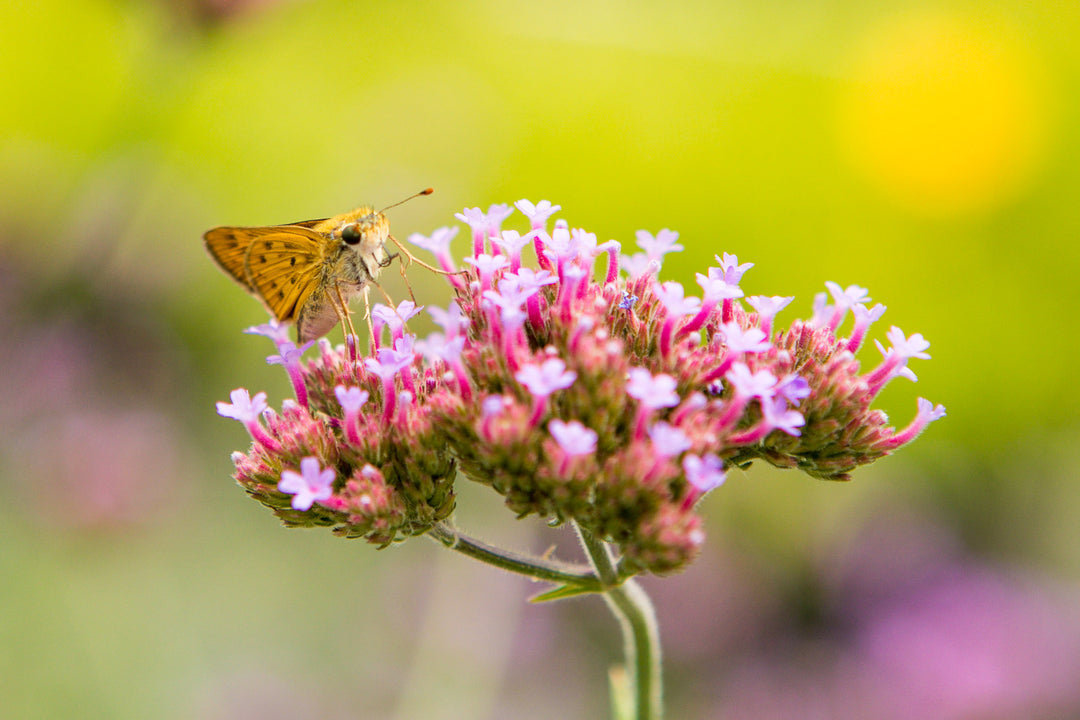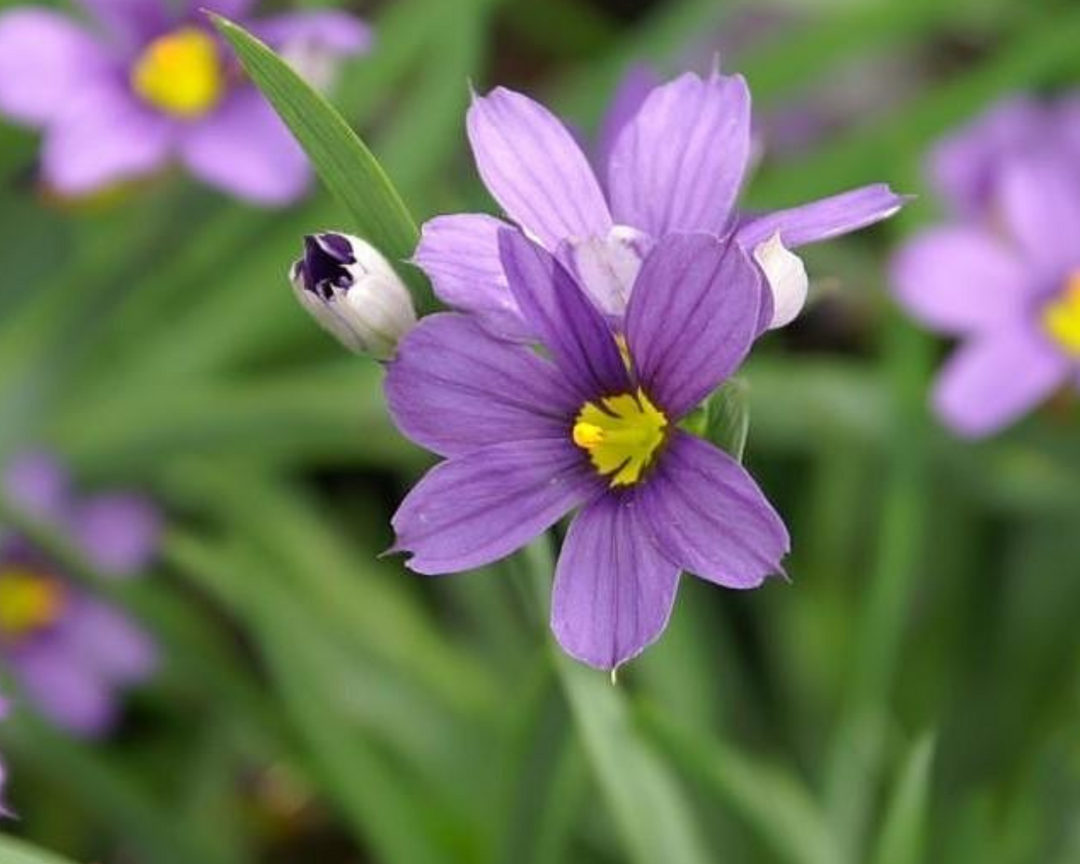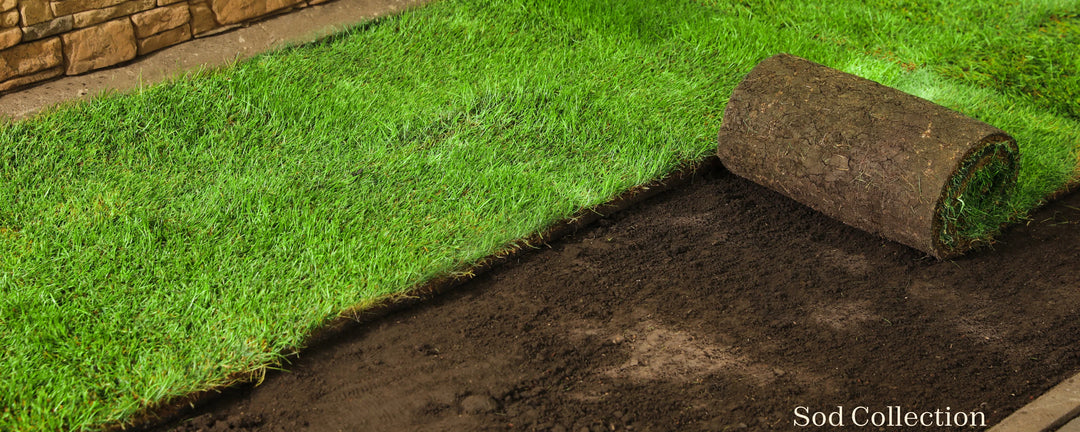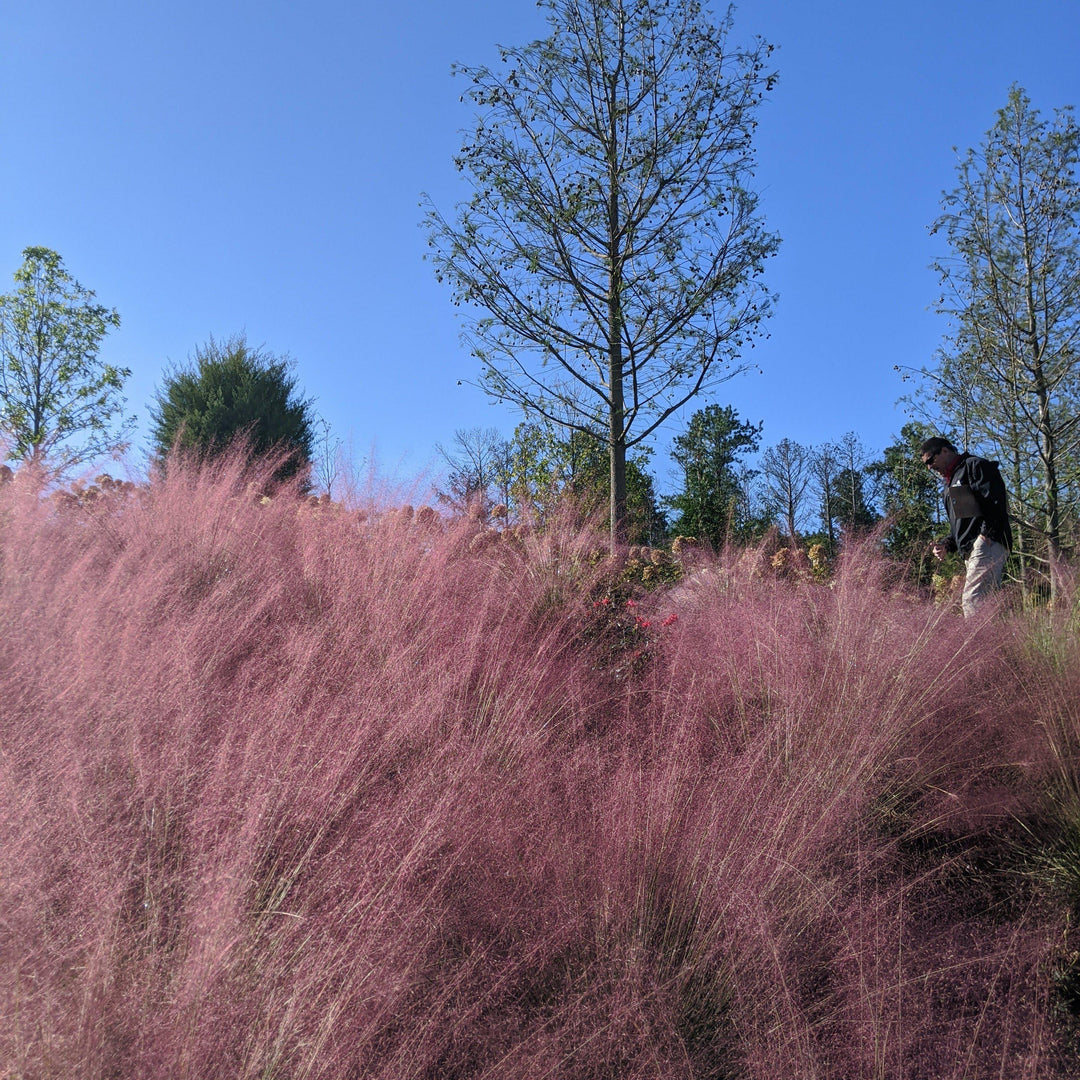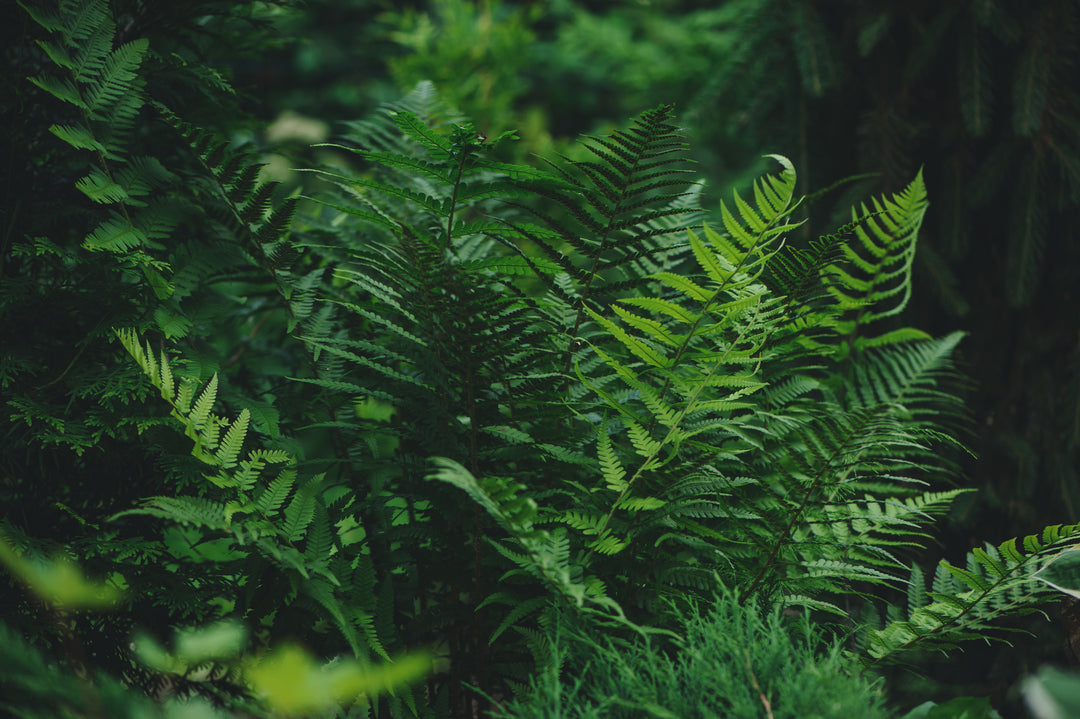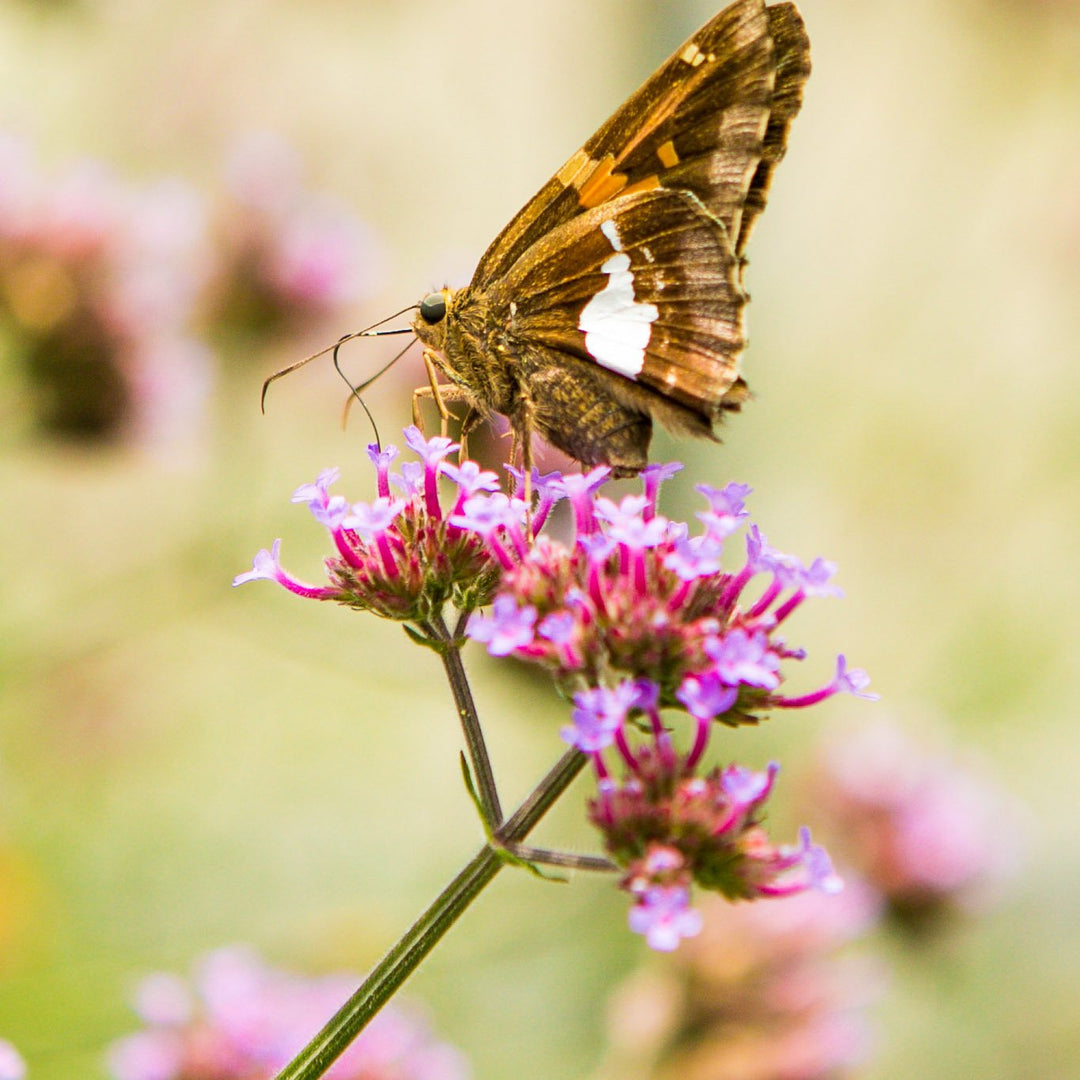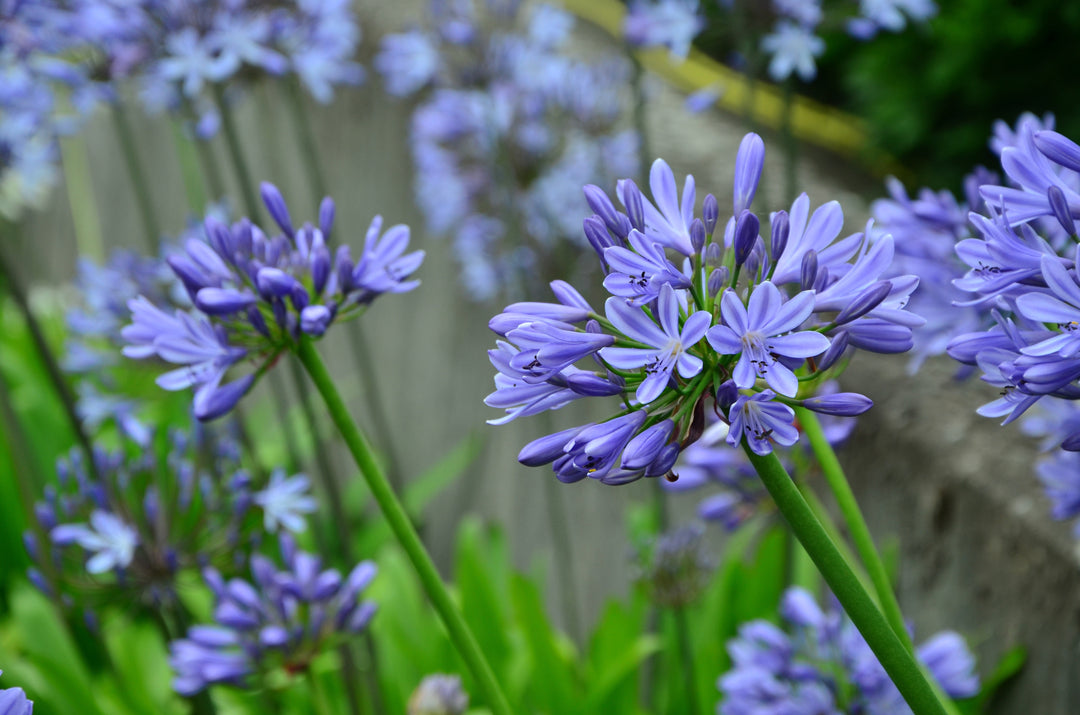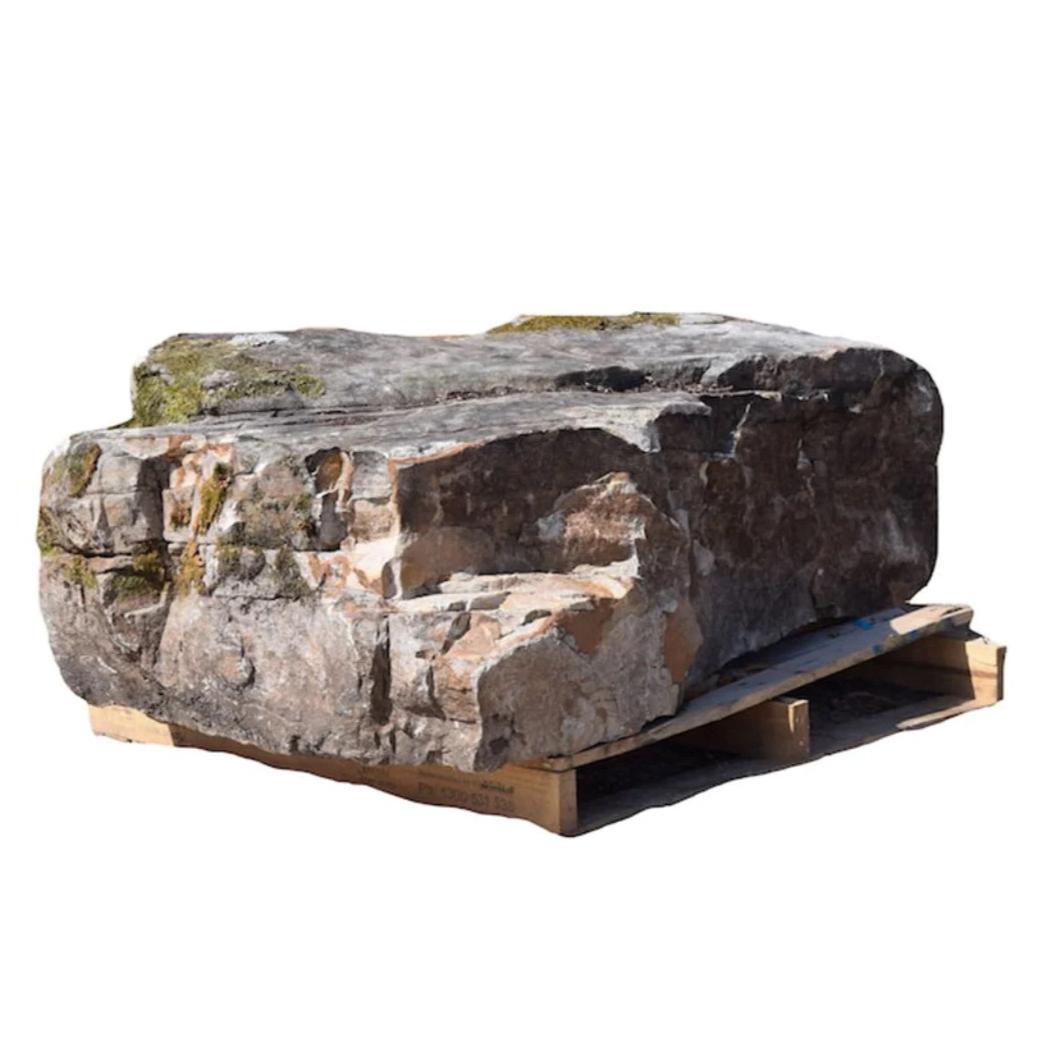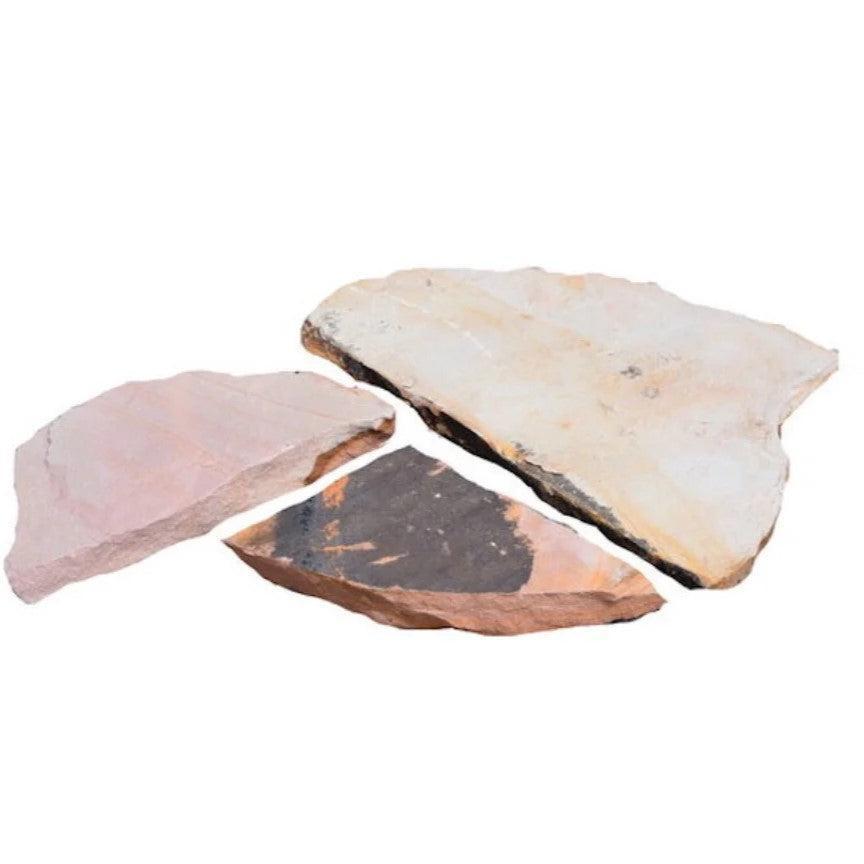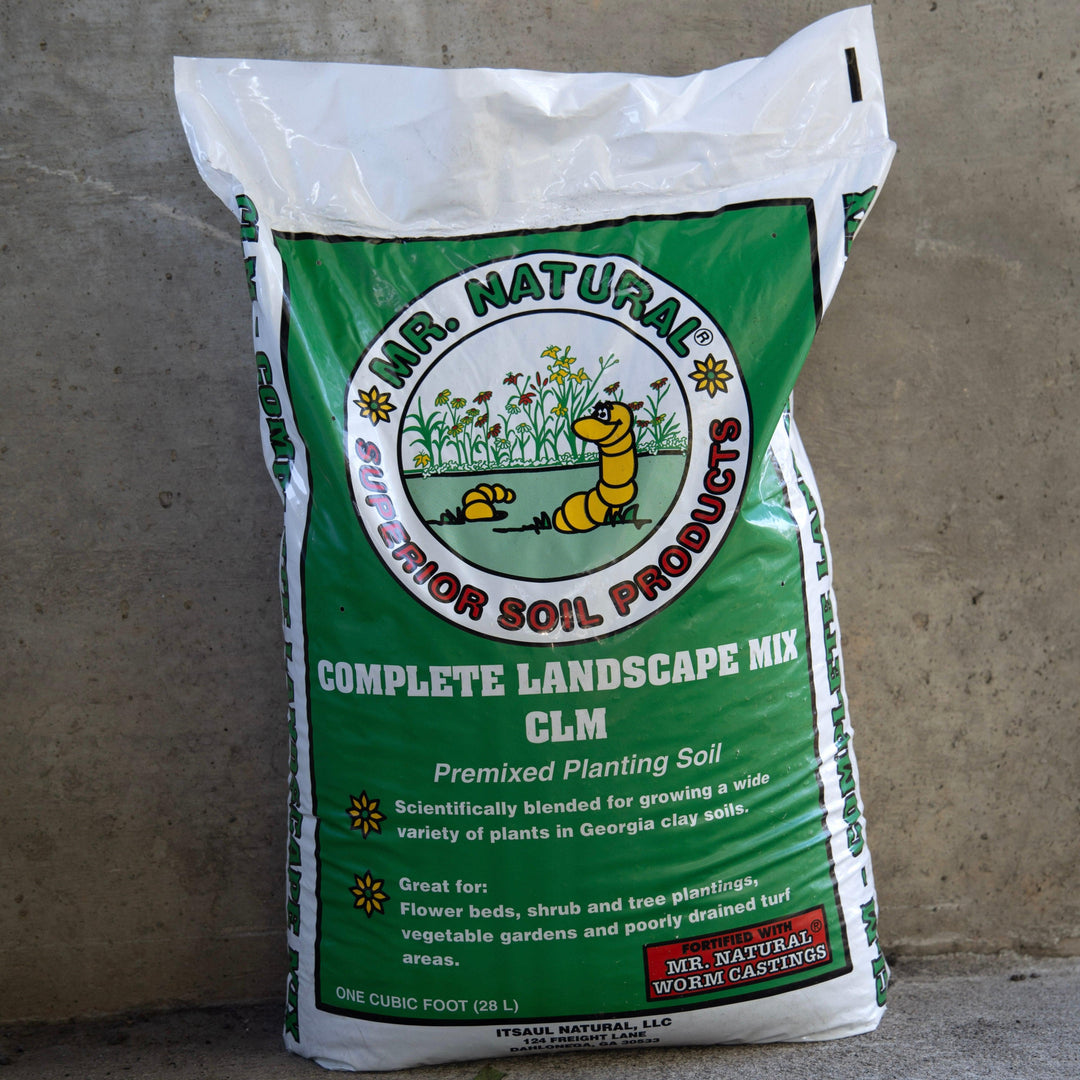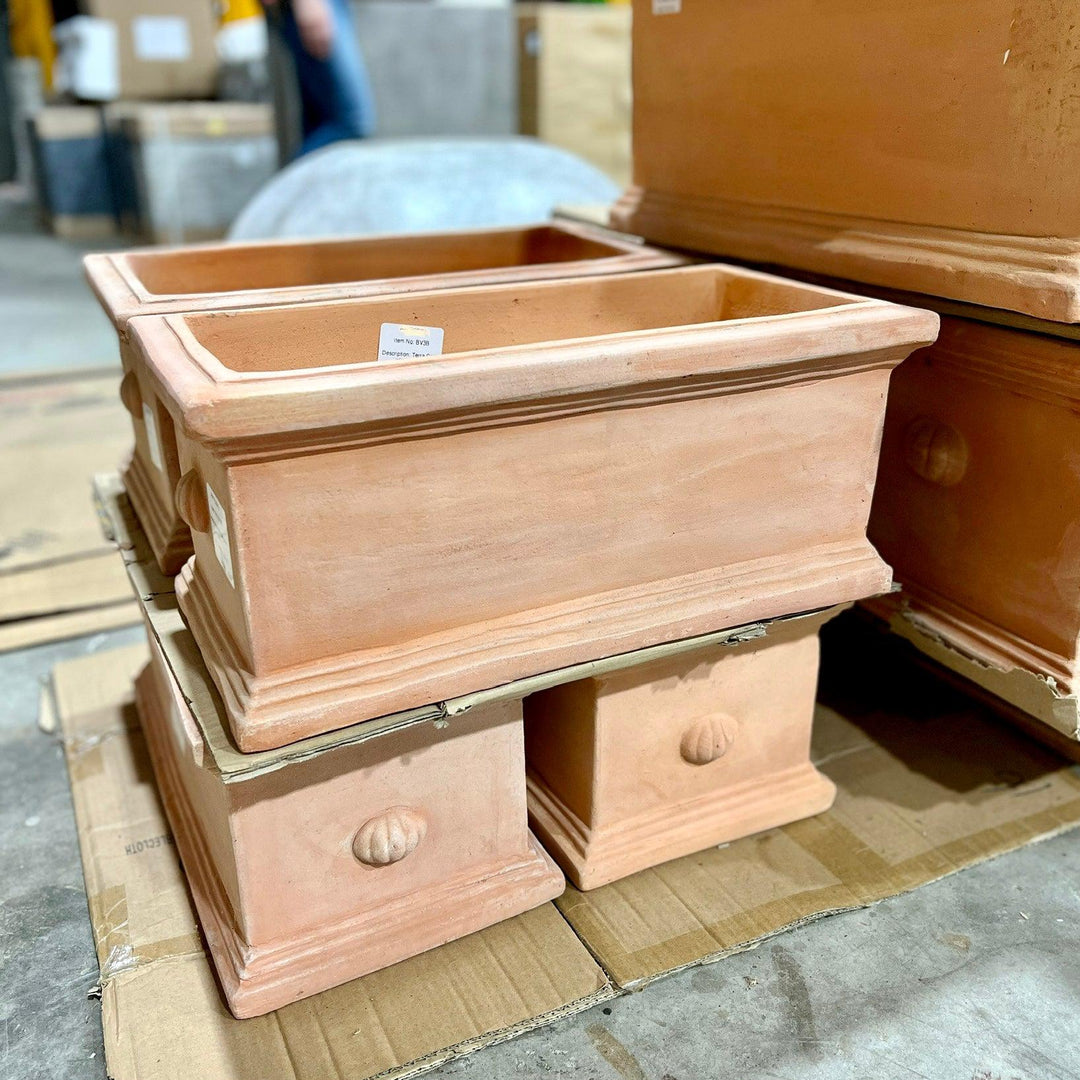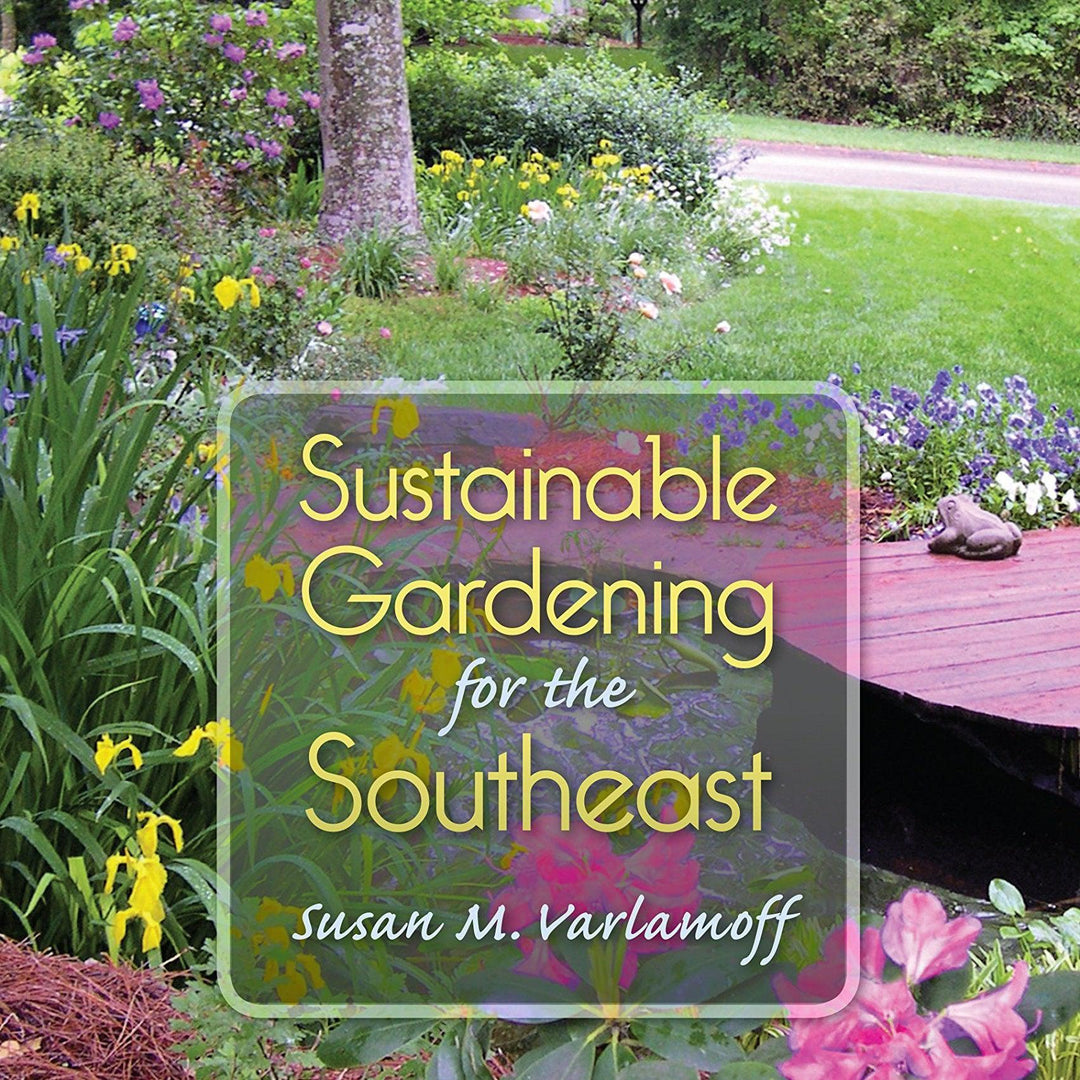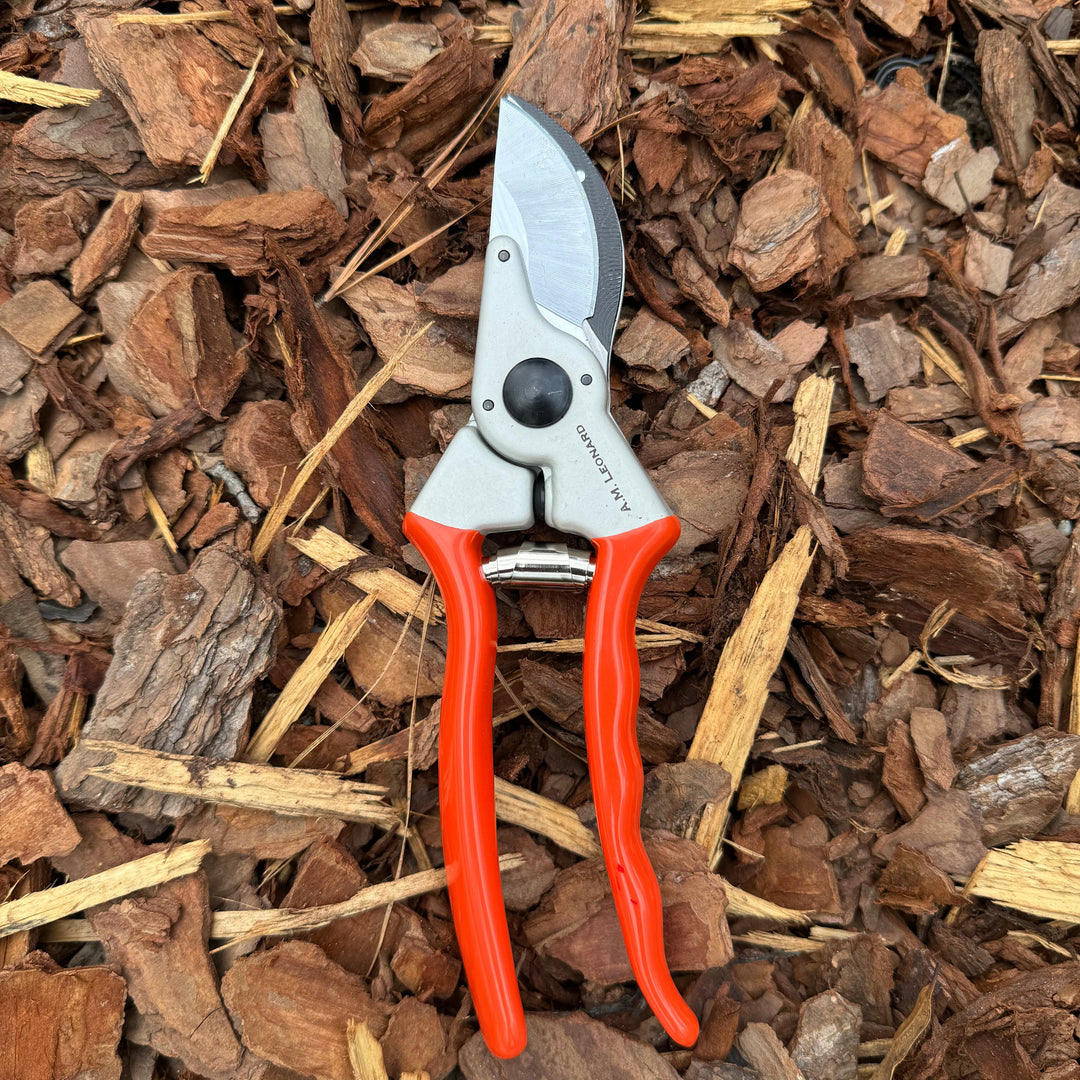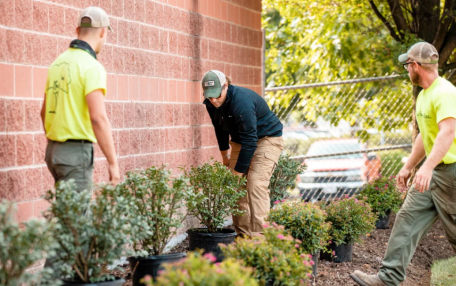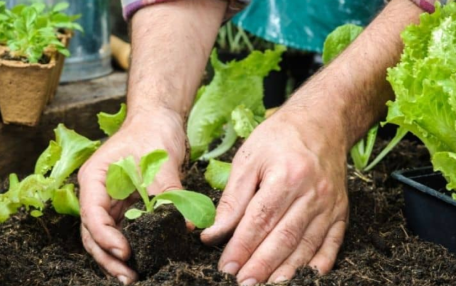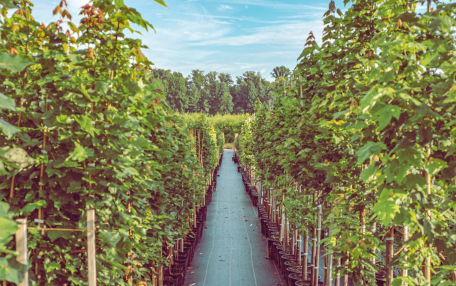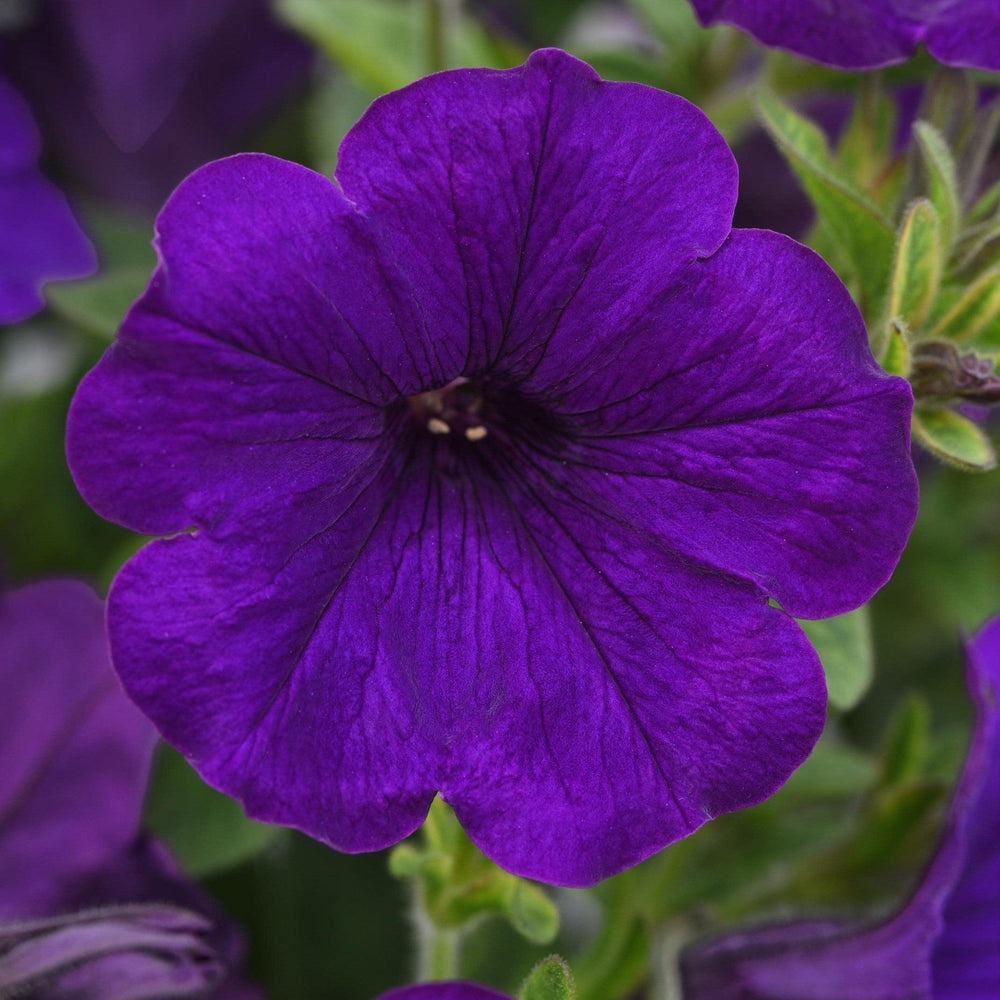Experience the Sweet Fragrance of Fragrant Tea Olive (Osmanthus Fragrans)
Osmanthus fragrans, also known as the Fragrant Tea Olive, has a long and interesting history. It is a versatile plant that grows well in many different climates, making it a favorite of Atlanta area gardeners and tea enthusiasts.
In this article, we will explore the many different aspects of Fragrant Tea Olive, from its origins and traditional uses to its unique characteristics and health benefits.
The History and Origins of Osmanthus Fragrans

IMAGES: Servescape, Fragrant Tea Olive, Sweet Olive
The Fragrant Tea Olive plant is a species of flowering plant that belongs to the Oleaceae family. It is a species native to Asia from the Himalayas through the provinces of Guizhou, Sichuan, and Yunnan in Mainland China, Taiwan, southern Japan and Southeast Asia as far south as Cambodia and Thailand.
In these areas, it has been an integral part of the culture for centuries. The plant is also known as Sweet Olive, Tea Olive, and Fragrant Olive, and is prized for its unique fragrance and flavor.
The plant is often associated with the mid-autumn festival and is commonly included in mooncakes, a traditional Chinese pastry. In addition, the flowers of the Fragrant Tea Olive plant are often used in teas and other culinary applications due to their unique fragrance and flavor.
Traditional Uses in Chinese Culture
In traditional Chinese medicine, Fragrant Tea Olive has long been used to treat a variety of ailments, including digestive issues, menstrual cramps, and skin conditions. The plant is also believed to have anti-inflammatory and immune-boosting properties, making it a valuable addition to any herbal medicine cabinet.
Aside from its medicinal uses, Fragrant Tea Olive has also been used in Chinese culture for its symbolic meanings. In Chinese folklore, the plant is associated with love, romance, and fertility. The sweet fragrance of the flowers is said to attract love and good fortune, and the plant is often used in wedding ceremonies and other celebrations.
The Spread of Fragrant Tea Olive Across the World
Over time, Fragrant Tea Olive has spread beyond Asia and can now be found in many different parts of the world. The plant is particularly popular in the southern United States, where it thrives in the warm, humid climate. It is also grown in Japan, Korea, and other countries throughout Asia.
In Japan, Fragrant Tea Olive is known as kinmokusei and is often used in perfumes and other cosmetic products. The plant is also used in traditional Japanese tea ceremonies, where the fragrance of the flowers is appreciated for its calming and soothing effects.
In Korea, Fragrant Tea Olive is known as gukhwaju and is often used to make traditional rice cakes and other desserts. The plant is also used in traditional Korean medicine for its anti-inflammatory and analgesic properties.
Overall, Fragrant Tea Olive is a plant with a rich history and cultural significance that has spread across the world. Whether used for its medicinal properties, culinary applications, or symbolic meanings, this fragrant plant continues to captivate people's hearts and minds.
Unique Characteristics of Fragrant Tea Olive
Sweet, Fragrant Flowers
The flowers of Monrovia’s Fragrant Tea Olive are not only beautiful to look at, but they also have a unique and delightful fragrance. The scent of the flowers is often described as a mix of apricot, peach, and orange blossoms, with a hint of jasmine. The flowers bloom in the fall, typically from September to November, and can last for several weeks.
As mentioned, aside from their beauty and fragrance, the flowers of Fragrant Tea Olive are also used in traditional Chinese medicine for their medicinal properties. They are believed to have anti-inflammatory, anti-bacterial, and antiviral effects, and are often used to treat respiratory infections, coughs, and sore throats.
Evergreen Leaves and Growth Habits
One of the most attractive features of Fragrant Tea Olive is its evergreen foliage. The leaves are glossy and dark green, and they remain on the tree year-round, providing a splash of color in the winter months. The plant has a compact, rounded growth habit, and can reach a height of up to 20 feet if left unpruned.
Fragrant Tea Olive is a slow-growing plant, which makes it an ideal choice for small gardens or container planting. It prefers well-draining soil and can tolerate a range of pH levels. It is also drought-tolerant once established, although it will benefit from regular watering during periods of prolonged drought.
Different Varieties of Fragrant Tea Olive
There are many different varieties of Fragrant Tea Olive, each with its own unique characteristics and growing requirements. Some of the most popular varieties include:
- Aurantiacus: This variety has orange-yellow flowers and is known for its strong fragrance.
- Fudingzhu: This variety has white flowers and a particularly strong fragrance. It is also known for its compact growth habit.
- Thunbergii: This variety has small, fragrant flowers that bloom in the spring. It is also known for its attractive foliage, which is edged in white.
Whether you choose one of these varieties or another type of Fragrant Tea Olive, you can be sure that you will be adding a unique and delightful plant to your garden.
Cultivating and Caring for Fragrant Tea Olive

If you're interested in growing your own Fragrant Tea Olive plant, there are a few things you should keep in mind. First and foremost, the plant requires well-draining soil and regular watering, particularly during the hot summer months. In addition, pruning and mulching can help to keep the plant healthy and thriving.
Ideal Growing Conditions
Fragrant Tea Olive prefers a warm, humid climate, but can also tolerate cooler temperatures as long as it is protected from frost—such as can occur in the Atlanta area in the winter months. In its native habitat, it is often found growing in the understory of forests or in shaded areas near streams or ponds.
When planting Monrovia’s Fragrant Tea Olive, it is important to choose a location that receives full sun to partial shade. The plant can tolerate a wide range of soil types, but prefers well-draining soil that is rich in organic matter. If your soil is heavy or clay-like, consider adding compost or other organic matter to improve drainage and fertility.
Water is also an important factor in the health and growth of Fragrant Tea Olive. During the hot summer months, the plant should be watered regularly to prevent the soil from drying out. However, be careful not to overwater, as this can lead to root rot and other issues. A good rule of thumb is to water deeply once a week, or more frequently if the weather is particularly hot and dry.
Pruning and Maintenance Tips
Regular pruning can help to keep the plant healthy and well-shaped. Pruning should be done in the late winter or early spring, before new growth begins. Use sharp, clean pruning shears to remove any dead or damaged branches, as well as any branches that are crossing or rubbing against each other. This will help to improve air circulation and prevent disease.
Mulching around the base of the plant can also help to retain moisture and protect the roots from extreme temperatures. Use a layer of organic mulch, such as shredded leaves or bark, to cover the soil around the plant. This will help to keep the soil cool and moist, and will also add nutrients to the soil as it breaks down.
Common Pests and Diseases
Like all plants, Fragrant Tea Olive is susceptible to a variety of pests and diseases. Common issues include scale insects, mealybugs, and fungal infections. Regular maintenance and monitoring can help to prevent these issues from taking hold.
If you notice any signs of insect infestation, such as yellowing leaves or sticky residue on the leaves or stems, treat the plant with an insecticidal soap or oil. If you suspect a fungal infection, such as powdery mildew or black spot, remove any affected leaves or branches and treat the plant with a fungicide.
By following these tips and providing the right growing conditions, you can enjoy the beauty and fragrance of Osmanthus fragrans in your own garden.
The Health Benefits of Osmanthus Fragrant Tea Olive
As mentioned earlier, Osmanthus fragrans has long been used in traditional Chinese medicine due to its numerous health benefits. One particularly popular application is in tea form, where the plant's fragrance and flavor are particularly pronounced.
Antioxidant Properties
Fragrant Tea Olive tea is a rich source of antioxidants, which can help to protect the body from cellular damage caused by free radicals. Regular consumption of the tea may help to reduce the risk of chronic diseases such as cancer and heart disease(*).
Stress Relief and Relaxation
The fragrant and calming properties of Fragrant Tea Olive tea make it an ideal choice for stress relief and relaxation. Regular consumption of this tea can help to reduce anxiety and promote a sense of calmness and well-being.
Potential Effects on Digestion and Metabolism
Some studies have suggested that Fragrant Tea Olive tea may have beneficial effects on digestion and metabolism. The tea may help to improve the absorption of nutrients and promote healthy gut bacteria, leading to improved overall health and well-being.
Closing Thoughts
Whether you're interested in gardening, herbal medicine, or simply enjoy a good cup of tea, Monrovia’s Fragrant Tea Olive is a plant that has something to offer every north-central Georgia resident.
From its sweet, fragrant flowers to its numerous health benefits, this versatile plant is truly a treasure of the natural world. So why not consider adding it to your Atlanta area garden collection today?
*These statements are not approved by the FDA.

Click here if you’d like to purchase this plant.
If you need any advice or tricks/tips in creating the garden of your dreams, we are here to make those dreams come true! Connect with us here, or chat with us via the chat button on the bottom of any page on our website.
To create a landscape that gives you joy every time you walk out your door or look out your window, it’s important to have a design plan in place. Learn more about our elite Designer Marketplace platform, which allows you to select easily from a list of expert landscape designers, landscape architects, and more.
Click here to view more plants from the beautiful Monrovia® collection.

